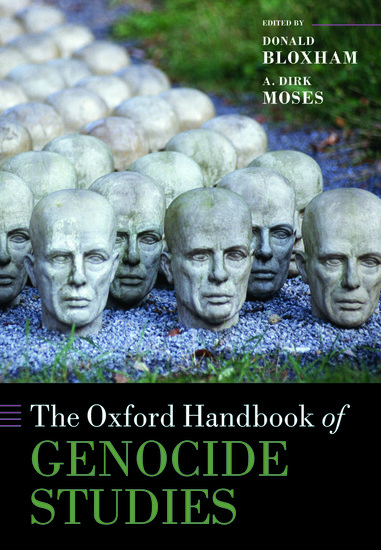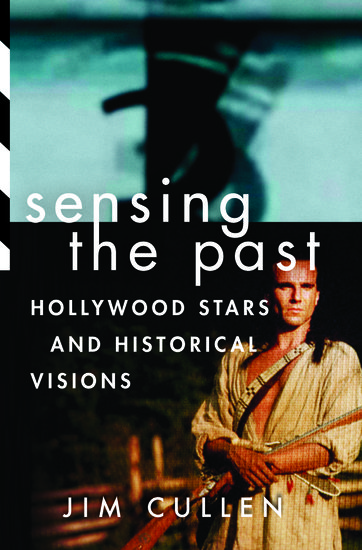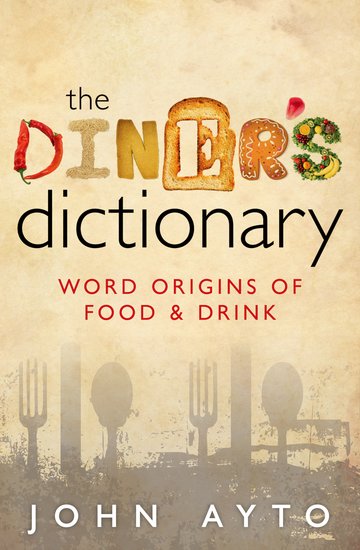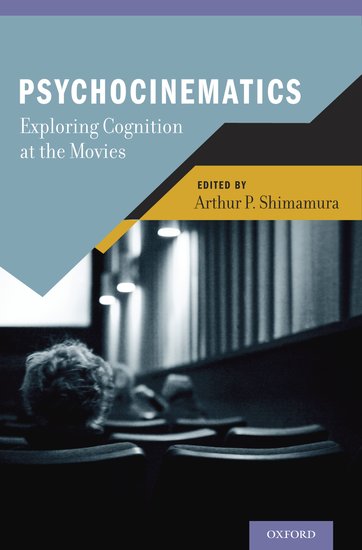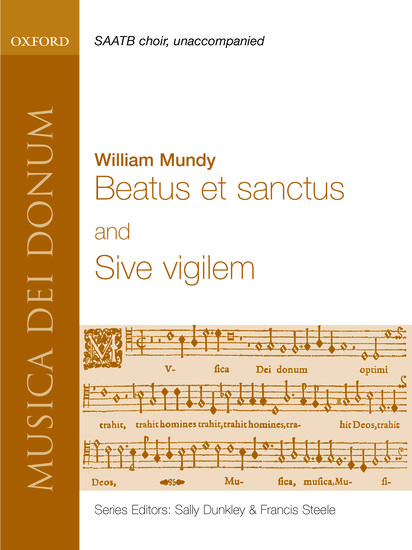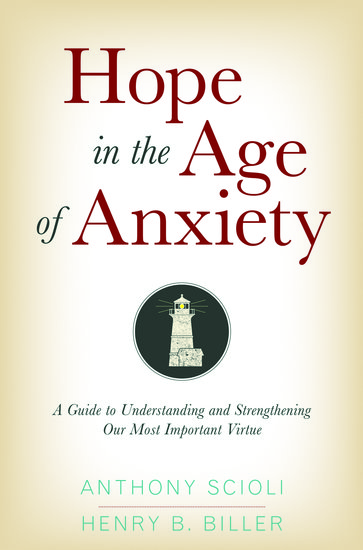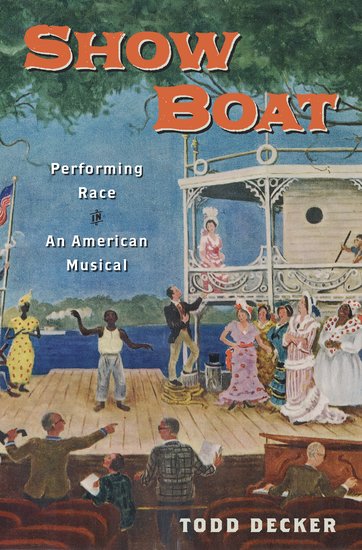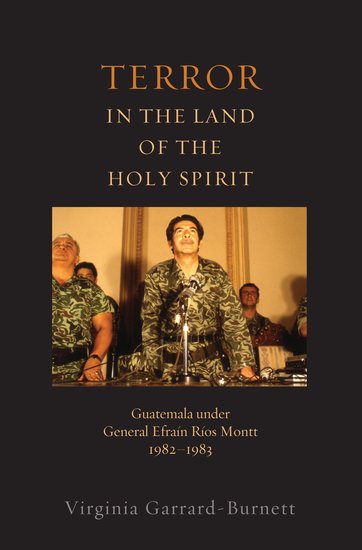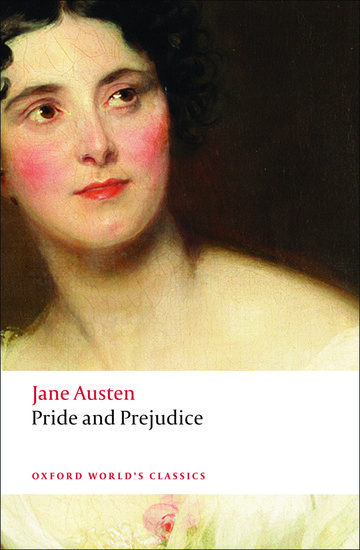The essential human foundations of genocide
By Louis René Beres
“In the end,” says Goethe, “we are creatures of our own making.” Although offered as a sign of optimism, this insight seems to highlight the underlying problem of human wrongdoing. After all, in the long sweep of human history, nothing is more evident and palpable than the unending litany of spectacular crimes.

